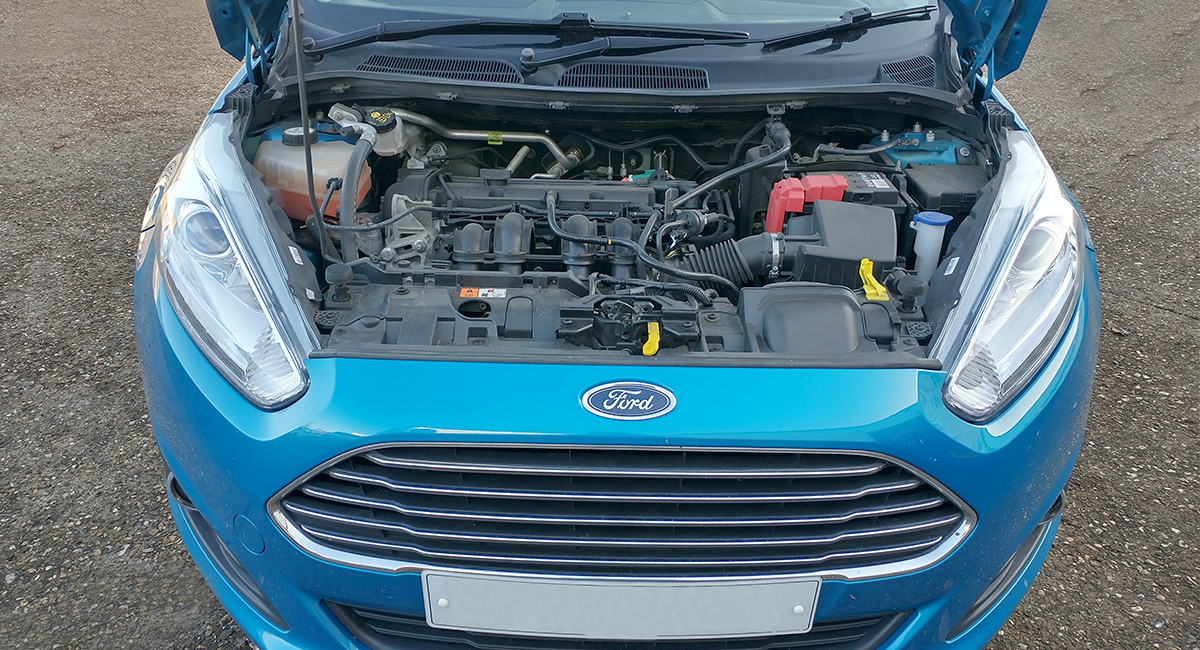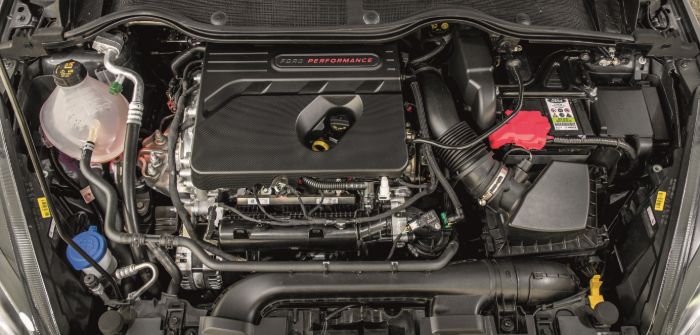The Future of Engines: Developments Driving Sustainable Power Solutions
As the automotive market navigates the critical transition in the direction of sustainability, the future of engines is progressively defined by groundbreaking advancements. Electric engine innovations, together with promising developments in hydrogen fuel cells and biofuels, are reshaping the landscape of power solutions.
Electric Engine Dope
The advancement of electric engine growths represents a crucial change in the automotive and aerospace sectors, driven by the immediate demand for lasting choices to nonrenewable fuel sources. This shift is identified by substantial advancements in battery modern technology, power electronic devices, and electrical motor style, which jointly improve the efficiency and performance of electrical engines.
Current advancements have actually resulted in the creation of lighter, more energy-dense batteries, such as lithium-silicon and solid-state batteries, which promise longer arrays and much shorter charging times. Additionally, improvements in electrical motor performance, such as the usage of permanent magnets and progressed cooling systems, make it possible for electric engines to run effectively under varying problems. These improvements not just boost lorry efficiency however also add to a decrease in overall power usage.
Moreover, the combination of advanced software application formulas has optimized energy management in electrical cars, permitting regenerative braking and predictive billing strategies. As suppliers progressively embrace electrical propulsion, the automobile and aerospace markets are witnessing a standard shift in the direction of greener technologies. This development not only fulfills regulatory demands yet also lines up with consumer preferences for eco-friendly transport services, strengthening electric engines as a foundation of future lasting mobility.
Advancements in Biofuels
As the aerospace and automotive markets significantly focus on sustainable power resources, advancements in biofuels emerge as a corresponding service to electric engines. Biofuels, originated from natural materials such as crops, waste, and algae, provide a cutting-edge avenue for decreasing greenhouse gas discharges and reliance on nonrenewable fuel sources.
Recent research has actually concentrated on boosting the performance and sustainability of biofuel production. Second-generation biofuels utilize non-food feedstocks, decreasing competition with food supply and decreasing environmental effect. In addition, advancements in artificial biology have actually enabled the engineering of microbes to produce biofuels better, causing greater yields and reduced manufacturing expenses.
Additionally, the growth of drop-in biofuels permits seamless integration into existing framework, allowing a smoother transition for sectors typically based on nonrenewable fuel sources. ford fiesta engine. These gas can be utilized in present engines without adjustments, promoting their fostering across various industries
Investments in biofuel technology, in addition to supportive plans, are vital to drive technology and scalability. As the worldwide community seeks to combat environment modification, biofuels offer a pragmatic, prompt remedy that straightens with the overarching goal of sustainability in transportation and air travel.
Hydrogen Fuel Cell Technology
An expanding variety of scientists and business are checking out hydrogen fuel cell technology as a viable choice to traditional power sources in transport and power systems. This innovation converts chemical power from hydrogen into power via an electrochemical reaction, with water as the only byproduct, making it an eco pleasant choice.
The core of hydrogen fuel cells is the gas cell stack, where hydrogen molecules are divided into electrons and protons. The circulation of electrons generates electrical energy, while protons move via a membrane to incorporate with oxygen from the air, forming water. This process leads to high effectiveness and reduced exhausts, placing hydrogen gas cells as a critical player in the change to sustainable power.
Substantial innovations have actually been made in improving the longevity and efficiency of gas cells, alongside minimizing prices through ingenious manufacturing methods. Additionally, the advancement of home hydrogen manufacturing methods, such as electrolysis powered by renewable resource resources, enhances the sustainability of the overall system. As framework for hydrogen refueling expands and production methods become a lot more reliable, hydrogen gas cell technology holds terrific pledge for decarbonizing numerous sectors, including heavy-duty transport and fixed power generation.
Crossbreed Systems and Their Impact
Hybrid systems represent a significant development in sustainable engine modern technology, combining traditional internal burning engines with electric propulsion to enhance energy efficiency and reduce exhausts (ford fiesta engine). This twin strategy enables cars to utilize both power resources, making it possible for better versatility in energy intake and minimizing reliance on nonrenewable fuel sources

In enhancement to environmental advantages, hybrid systems supply consumers a sensible transition in the direction of totally electric lorries. They ease range stress and anxiety by integrating the convenience of gasoline with the benefits of electric propulsion, making them an appealing alternative for a larger target market.
The Role of AI in Engine Style
Leveraging innovative algorithms and artificial intelligence techniques, the vehicle sector is increasingly integrating man-made knowledge (AI) right into engine design processes. AI improves the effectiveness and performance of design by evaluating huge datasets to recognize optimum arrangements and performance parameters. This capability enables engineers to mimic numerous operating conditions and predict engine behavior under multiple scenarios, substantially lowering the moment and price linked with typical prototyping methods.
Moreover, AI assists in the advancement of sophisticated materials and combustion processes tailored for sustainability. By optimizing gas performance and minimizing discharges, AI-driven styles straighten with international campaigns targeted at decreasing the carbon impact of automotive engines. Machine learning formulas can additionally forecast maintenance needs, resulting in improved integrity and long life of engine elements.
Additionally, AI is critical in the integration of electrification technologies, such as crossbreed systems, where it can maximize view publisher site battery administration and energy recuperation procedures. As the sector relocates in the direction of more sustainable power remedies, the function of AI in engine layout comes to be progressively vital, driving development and enhancing the efficiency of future engines. Eventually, the partnership in between AI and engine style declares a brand-new era of smarter, cleaner, and more reliable automobile technologies.

Verdict
To conclude, the sites future of engines is being shaped by a convergence of ingenious innovations that prioritize sustainability. Electric engine improvements, biofuel advancements, hydrogen gas cells, and crossbreed systems collectively add to a significant reduction in emissions and environmental effect. In addition, the integration of expert system in engine design improves performance and efficiency. These transformative remedies underscore a dedication to developing a cleaner, more lasting automobile landscape, inevitably profiting both culture and the atmosphere.
Electric engine developments, alongside promising growths in hydrogen gas cells and biofuels, are improving the landscape of power options. Furthermore, improvements in electrical motor performance, such as the use of permanent magnets and progressed cooling down systems, allow electric engines to run properly under differing conditions. By maximizing fuel efficiency and minimizing emissions, AI-driven designs line up with global campaigns aimed at reducing the carbon impact of auto engines. As the market relocates in the direction of more lasting power services, the role of AI in engine layout becomes significantly essential, driving development and boosting the efficiency of future engines. Electric engine improvements, biofuel developments, hydrogen gas cells, and hybrid systems jointly contribute to a substantial reduction in exhausts and environmental influence.